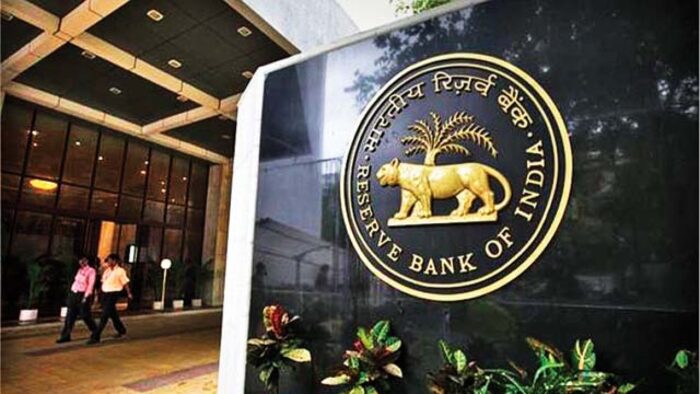RBI during the first week of March fined public and private sector banks of the country for non-compliance with the guidelines on using the SWIFT Technology System. A total of 19 banks including India’s largest lender State Bank of India and ICICI Bank, for a total sum of approx. 40 crore rupees was penalized and fines ranged from 1 crore to 4 crores for each bank. The amount of fine was disclosed after the banks submitted their filling to Bombay Stock Exchange.

Some of the private sector bankers whose institution was fined said that the fine was related mostly for breach with directions issued by the Central Bank through circular dated ‘February 20, 2018’. RBI necessitated banks to comply with SWIFT within the stipulated time. According to the circular banks were supposed to connect SWIFT to their core system by April 30, last year. But the banks turned a deaf ear to RBI’s warning bells.
Banks like SBI, ICICI, IDBI, and Yes Bank were slapped a fine of 1 crore for non-compliance with various directions. While Union Bank of India, Canara Bank, Dena Bank and Bank of Maharashtra were charged with Rs. 2 crores for non-attachment with SWIFT guidelines. Karnataka Bank, United Bank of India and Karur Vysya Bank were charged a total of 8 crores. Bank of Baroda was slapped with the highest fine of Rs 4 crore.

What is SWIFT Technology System?
SWIFT stands for Society for Worldwide Interbank Financial Telecommunication. It is global messaging software used for tracking transactions. This system reduces room for error by limiting manual processes. This used by a total of 11,000 banks, brokerage houses and other financial institution across 200 countries.
Why SWIFT?
It is noted that the infamous Rs 14,000 crore banking fraud by billionaire Nirav Modi at a branch of Punjab National bank, was a case of issuing unauthorized credits by tampering the messaging system. This scam had defamed the image of Indian Banking system. Post the fraud, RBI has been tough on banks to tighten their transactions and use SWIFT.

Experts, however, said that with this sharp step it is clear that RBI is not taking shortcomings lightly and taking loopholes seriously. All we can say is, it is high time banks take their security system diligently to avoid frauds.
















